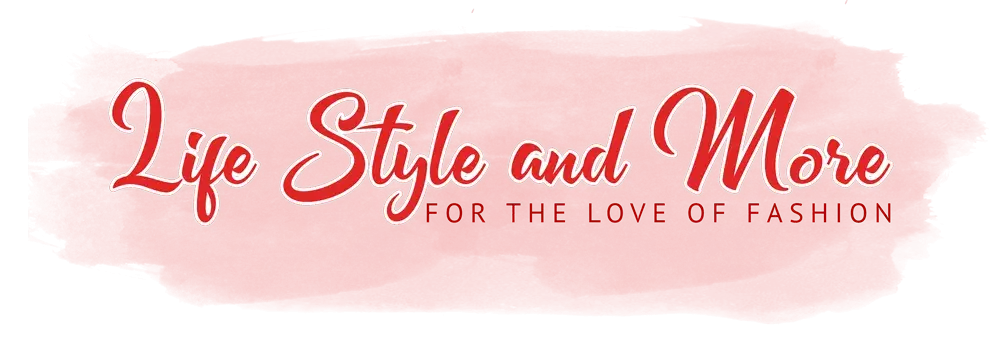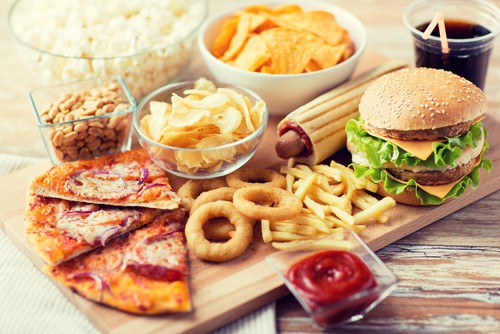After a weight loss surgery in Melbourne at a bariatric surgery centre in Melbourne, you need to follow the dietary guidelines given by your doctors. You need to take extreme care of yourself. Recovering is a very important part of this process. Since your stomach has been adjusted with a band and your intestines are re-routed towards a pouch, it is very important to control your diet after bariatric surgery. Having the right kind of food is equally important.
Stressing your stomach and the entire digestive system with high-calorie food or inappropriate amount of food can deter your health seriously. The post-surgery diet is usually quite different from the pre-surgery diet. You begin by consuming fluids and slowly and gradually carve up your way to the solid foods, moving from pureed to soft foods. After your body has recovered and adjusted to the surgery, you can consume all your favorite food items. So, here’s a list of 8 food items that you should avoid after the surgery-
1. Alcohol- Forget your evening booze. You can not have alcohol because it straight away goes to the foods packed with vitamins and minerals and take up huge space in your stomach. Alcohol absorption increases because of the surgery; therefore, a little bit of it can also lead to intoxication. Try replacing alcohol with water, drink lots of water, especially 30 mines before the surgery. This will help you feel fuller and also retain space for more nutrients in your stomach.
2. Food with empty calories– After the surgery, your stomach has been attuned to have smaller portions of food, which means it needs the right amount of nutrition. Food items that are loaded with sugar or are fried have no nutritional value but more of carbohydrates and fats. This means that having pastries or pizzas might make you feel under-nourished. This can also lead to dumping syndrome; wherein all these unhealthy food items might dump in a corner, leading to nausea, vomiting, etc.
3. Dry foods – You may want to refrain from eating dry foods that aren’t easy to follow. Things like peanuts or granola might be difficult to swallow. Initially, you need to avoid such items. You can try eating cereals but after softening it with milk or any other liquid. You may eat them after your body has healed.
4. Sugary and high-caffeinated products– Post a gastric bypass surgery in Victoria, your body needs fluids but of the right kind. Avoid drinking liquids with syrup or high sugar content. Also, caffeine, because these are aerated, highly fuzzy and hard drinks, difficult to digest. Try replacing them with simple water because it has no harm, only and only benefits.
5. Bread, rice, pasta – These food items contain carbohydrates and are very starchy. It can create blockage on the hole, which leads to the pouch. This will create problems in your digestive system. It’s advisable to avoid them in the beginning, but if you can’t resist, you can take them in very small amounts, and remember taking small bites and chewing properly.
6. High-fat food- This is quite obvious, as you very well know that fatty foods do not help in the process of weight loss, eating too much sugar, sausage, bacon, cheese or butter can lead to dumping syndrome. It’s best to not eat them because they will push your goal further from you.
7. Fibrous foods/vegetables – Although these are helpful for your weight loss but because your stomach has been reduced to the size of an egg. So, try avoiding eating veggies like broccoli, corn or asparagus because they are difficult to eat, swallow and digest.
8. Tough Meat/poultry:– Items like lean meat have a lot of protein, and they are very important for your body at this point. But hard meat like hams or pork chops should be avoided because they are difficult to digest. You have to chew properly so that the food is broken down into pieces which make the process of digestion easier.

